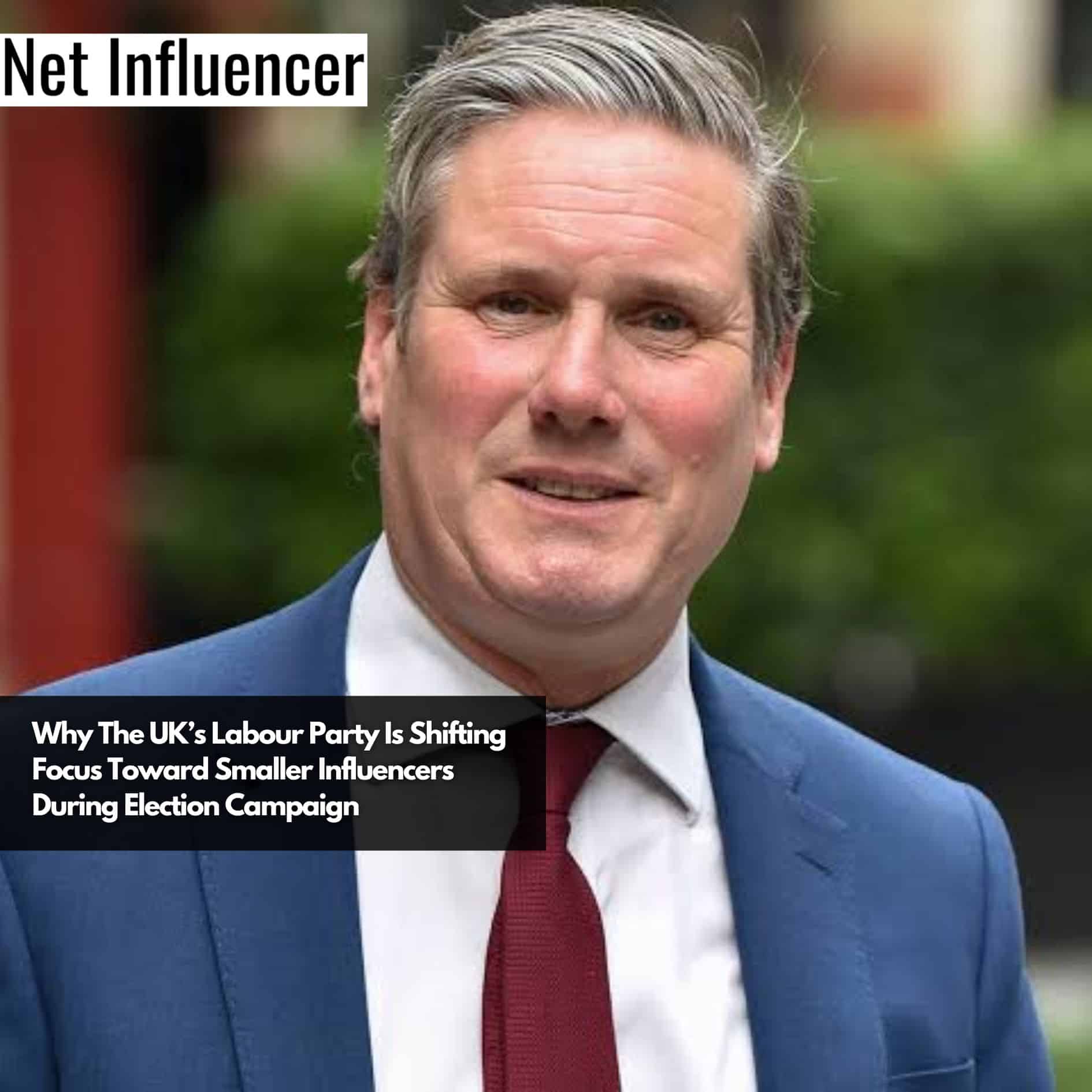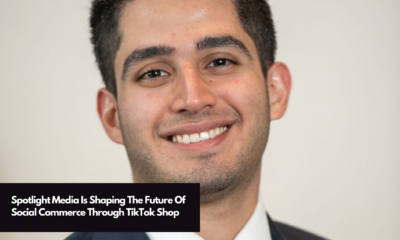Brand
Why The UK’s Labour Party Is Shifting Focus Toward Smaller Influencers During Election Campaign
The UK’s Labour Party has appointed an employee to work with influencers and send positive messages about leader Keir Starmer’s party on TikTok and Instagram.
The Guardian reports that the country’s political parties are preparing to target “micro-influencers” during the general election campaign.

Instead of pursuing high-profile celebrities or YouTubers with massive followings, the strategy now aims to win the hearts of more ‘authentic’ influencers who may have smaller but more loyal audiences. This shift reflects the party’s desire to resonate with niche audiences who are captivated by the endless stream of videos on their mobile devices.
“It’s less about finding people with a million followers. It’s more about finding authentic people who talk about an issue and can deliver a good message,” one campaigner told The Guardian.
According to the newspaper, Labour candidates receive training to create influencer-style content on their own, bypassing the dying local news industry. Candidates can expect support from headquarters in currying favor with influencers, with the party recently hiring a dedicated creator outreach manager.
The policy reflects how political parties are allocating resources away from wooing political journalists to target audiences that do not consume traditional news outlets directly. Parties also put more trust in influencers than in politicians and media companies.
Marco Ricci from influencer agency Takumi said this approach accounts for changing consumption habits since 2019, with people spending hours daily on apps like TikTok. “There are huge parts of the population who are inaccessible through TV and radio. The big advantage of influencer marketing is you can be very laser-focused on who you’re going after,” he told The Guardian.
However, Ricci believes such content only works if the public thinks an endorsement is legitimate, predicting issues during the elections: “You want real voters, you want real people. What’s the difference between an authentic endorsement and deceptive manipulation?”





















